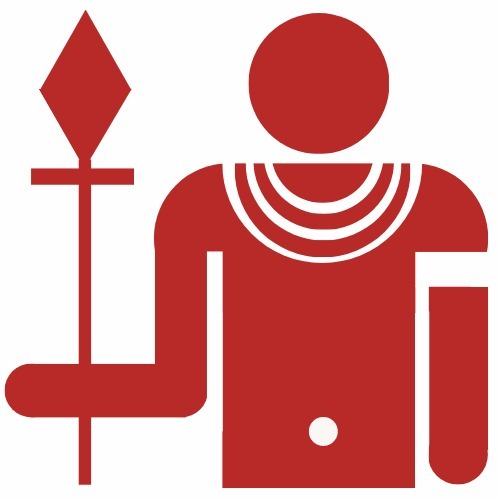
Technology has impacted, and always will impact society. Different innovations and inventions change the way people interact with their environment, with each other and with themselves in extension. This directly impacts the cultures of the time. Africa is famous, if not for anything else, for its culture rich inhabitants. The continent consists of 54 countries, each with its own cultures.
Over the past few years, mobile technology in Africa has been adopted on such a large scale; in Kenya, an average adult is 4 times more likely to have access to a mobile phone than to have access to a toilet or latrine. This has been facilitated mostly by the ever cheaper cost of a basic mobile phone as well as broadband. Millions of Africans are online every day. Technology is transforming lives on the continent every day. Africa is home to some of the most mind-blowing and disruptive mobile centric innovation. Mobile banking innovation like M-Pesa have taken financial inclusion to levels not seen elsewhere in the world before. Social networking apps, news and health apps are cropping up every other day; Africa is ushering in and embracing the digital age just as much as any other Western country, and it is not going about it shyly.
Technology is a dynamic sector. With new technology comes new lifestyles, with new lifestyles come a cultural shift that would not have otherwise been experienced had the technology never caught on.
This article will focus on identifying the various ways in which Western technology has impacted African culture over time.
Although Africans are coming up with their own technology, majority of the technology adopted is still Western.
“This dependency brings with it enormous economic challenges as some of these technologies were not designed to be used in the African environment,” he explains in a 2013 paper on the effects of western technology on African Cultural Values, “ said according to Abanyam Noah of Nigeria’s University of Mkar adding that although Africans are coming up with their own technology, majority of the technology adopted is still Western.
Abanyam says this dependency brings with it enormous economic challenges as some of these technologies were not designed to be used in the African environment. In a 2013 paper on the effects of western technology on African Cultural Values, western technology exposed young people to adult issues, hideous violence, indecent dressing, immorality and build negative attitudes, that are contrary to African cultural values.
African governments, he suggests, should regulate the influx of Western technology (such as computer games and movies) and promote the indigenous technology in order to protect the African society from the adverse effects of the western technology. A form of cultural protectionism.
Mr. Abanyam may be recommending seemingly extreme mitigation measures but perhaps he makes a valid point. What part has Western technology in eroding African culture since its introduction to Africa.
Africans have long established a reputation for being a welcoming and warm people. It is well within African culture to be sociable and interactive. However with the adoption of mobile technology, social media and the internet has had people engrossed in their online lives, constantly posting experiences and feelings on social media, whilst all the while refusing to live in reality.
Chebet Lesan, CEO of Bright Green Renewable Energy recounts a rather unpleasant experience she had in Denmark upon trying to ask for directions from a stranger.
“He was so obviously appalled that I would dare to talk to him, a stranger. The fact that I was lost and couldn’t read their Danish maps notwithstanding,” she told TechMoran.
This experience got her thinking and questioning whether technology is making us very dissociable people, whether this was the direction Africa and its rapid adoption of mobile technology was headed.
“Are we destroying the modes of communication that bring us together as a people? At one point, I saw a neatly dressed man sitting on the subway floor, muttering obliviously to himself. He was obviously in distress, and it had drove him mad since there was no one he could talk to about whatever was going on in his life,” she adds. “Since we can’t completely do without technology, we need to introspect and find a way to counter such negative social impacts.”
Corruption and a rapid rise in criminal activities are bugs that are rampant amongst several African countries. Bugs to which technology may indirectly be contributing to, either as a facilitator/enabler. Industrial technology advancement such as automation and CAD (Computer Aided Design), have improved the quality and the quantity of output of industries, with minimal supervision by people.
These technology save the companies millions. As a result factories are laying off hundreds of workers in favor of these technologies, in a bid to remain competitive in their respective markets. This eventually leads to a large chunk of the population being unemployed, which then directly means the crime rates will sky rocket.
Despite the various demerits to technology, most would argue that the good transcend the bad and there should be widespread adoption of new technology anyway, albeit in a regulated environment, to avoid moral decadence and erosion of culture.


